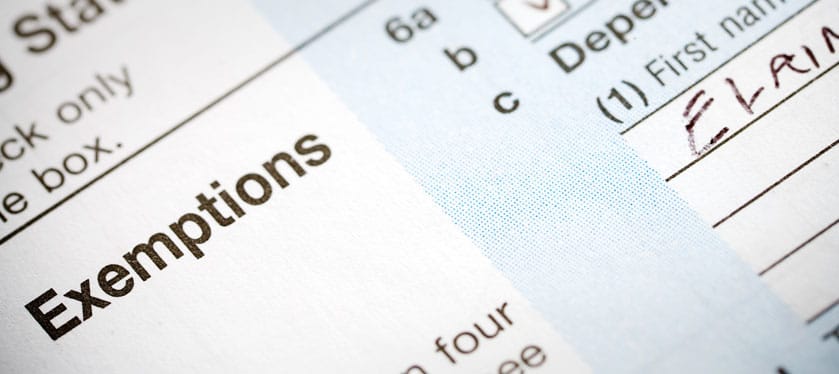Non-Profit Status Alone is Not Enough for Property Tax Exemption

Is a non-profit trust company automatically entitled to a property tax exemption when their property is being used according to its historic preservation or conservation requirements? Maybe not according to a recent, Feb. 16, 2017, decision by the Pennsylvania Commonwealth Court!
In the case of Appeal of Huston Properties, Inc. (aka In Re Appeal of the City of Coatesville), the Pa Commonwealth Court reiterated again the high bar that property owners must meet if they are claiming a property tax exemption as a “purely public charity.” In Huston Properties, a property owner, who was a non-profit subsidiary of a trust, sought a property tax exemption for a historic building that was on the National Registry of Historic Places and subject to deed restrictions relating to conservation and preservation. The non-profit was established for the sole purpose of owning, operating, and maintaining the building; and the building was leased to both non-profit and for-profit tenants. The trial court ultimately upheld the partial exemption granted by the Board of Assessment, which was based on the percentage of then existing non-profit tenants. tax exempt status
On appeal to the Commonwealth Court, the Court vacated the Trial Court’s decision and remanded it with the instruction to “make findings of fact and conclusions of law as to each of the five prongs of the HUP test, the five parts of Section 5 of Act 55, … and the Consolidated County Assessment Law.” While the lower court appeared to rest its decision based on a prior case, the Commonwealth Court was quick to point out that “because charitable exemption cases are fact intensive, prior cases have limited value as precedent.” Additionally, in keeping with the CRMS v. Chester County Board of Assessment Appeals (an unreported decision) the Commonwealth Court again reiterated in a footnote that the eligibility for a charitable exemption must be discerned from the property owner’s own charitable activities and not those of its non-profit tenants, or those of its parent-trust.
While unreported, non-profits or other owners seeking property exemption status should consider this decision and understand that each exemption case should be able to stand on its own factual merits. Those seeking exemption status should also be reminded of the high bar set to obtain exemption status as a purely public charity as it requires satisfaction of the five factor HUP test (established by the Pa Supreme Court), AND the 5 part test under the Institutions of Purely Public Charity Act, Act 55 (created by the Pennsylvania legislature), AND the Consolidated County Assessment Law.
Should you have questions regarding property assessment appeals or property exemption claims, consider contacting Timoney Knox who has been serving municipalities, non-profits and property owners for over 90 years. (February 22, 2017)





